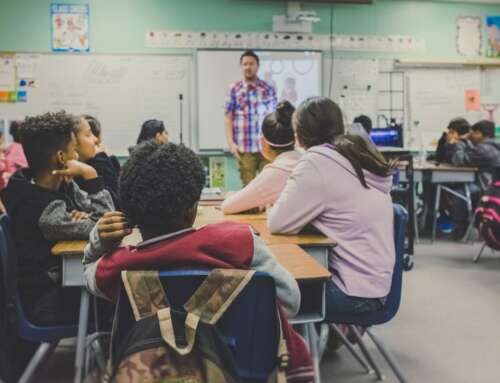The discomfort of loneliness is as essential to humans as thirst or hunger. A survival instinct, it kicks in reminding us to reconnect to the group when we become isolated.
But new research, Australia’s most comprehensive study of loneliness to date, reveals not only its prevalence, but its paradox; the lonelier people feel, the less likely they are to reach out.
One in four Australian adults are lonely. They are more predisposed to poor physical health (poorer sleep, more headaches, more stomach problems, worse experience of physical pain) and mental health (loneliness increases the risk of depression by 15 per cent).
Higher levels of loneliness are also associated with higher levels of social anxiety (13.1 per cent higher) and less social interaction.
“Australians have a high level of social avoidance,” says lead author, Dr Michelle Lim from Swinburne’s University of Technology which partnered with the Australian Psychological Society on the study. “We feel lonely and then we avoid people – it doesn’t help the problem. It just feeds itself.”
Wanting to connect with others is “built into our DNA”, Lim says, but we can get into a cycle of thinking that we’re not part of a group so we try to protect ourselves by pushing others away.
“If we think of things in terms of evolution, we can’t actually afford to do that. Someone goes hunting, someone takes care of the children – we have to rely on those communities in order to survive,” says Lim, who is also the scientific chair of the Australian Coalition to End Loneliness.
“But now it’s almost like we’ve become so self sufficient that we don’t need people, so a lonely person’s brain functions differently. They might say ‘I’m lonely I want to connect’ but their brain is sending them all these alarm signals which makes it a lot more difficult for them.”
She adds: “It’s not just their brains, their physiology changes. They are less tolerant to stress. People who don’t feel anyone has their back … are much more alert, they are hyper vigilant, their heart rate is higher, physiologically they are functioning at a different level to people who feels that someone has my back. That perceived level of social support is incredibly important because it makes us feel much more at ease physiologically.”
Add to this connotations that feeling lonely means there is something wrong with them and people become paralysed by the pain of it.
Bondi local, Sam Webb, knows the feeling.
“Once you’re at a stage where you’re feeling really alone, the last thing you want to do is speak with anyone or deal with anyone. It can be very daunting,” says the 30-year-old, speaking of his own experience but also his experience speaking to others as the co-founder of mental health initiative, Livin.
– Sarah Berry
Read More: It’s Almost like We’ve Become so Self Sufficient We Don’t Need People







Leave A Comment